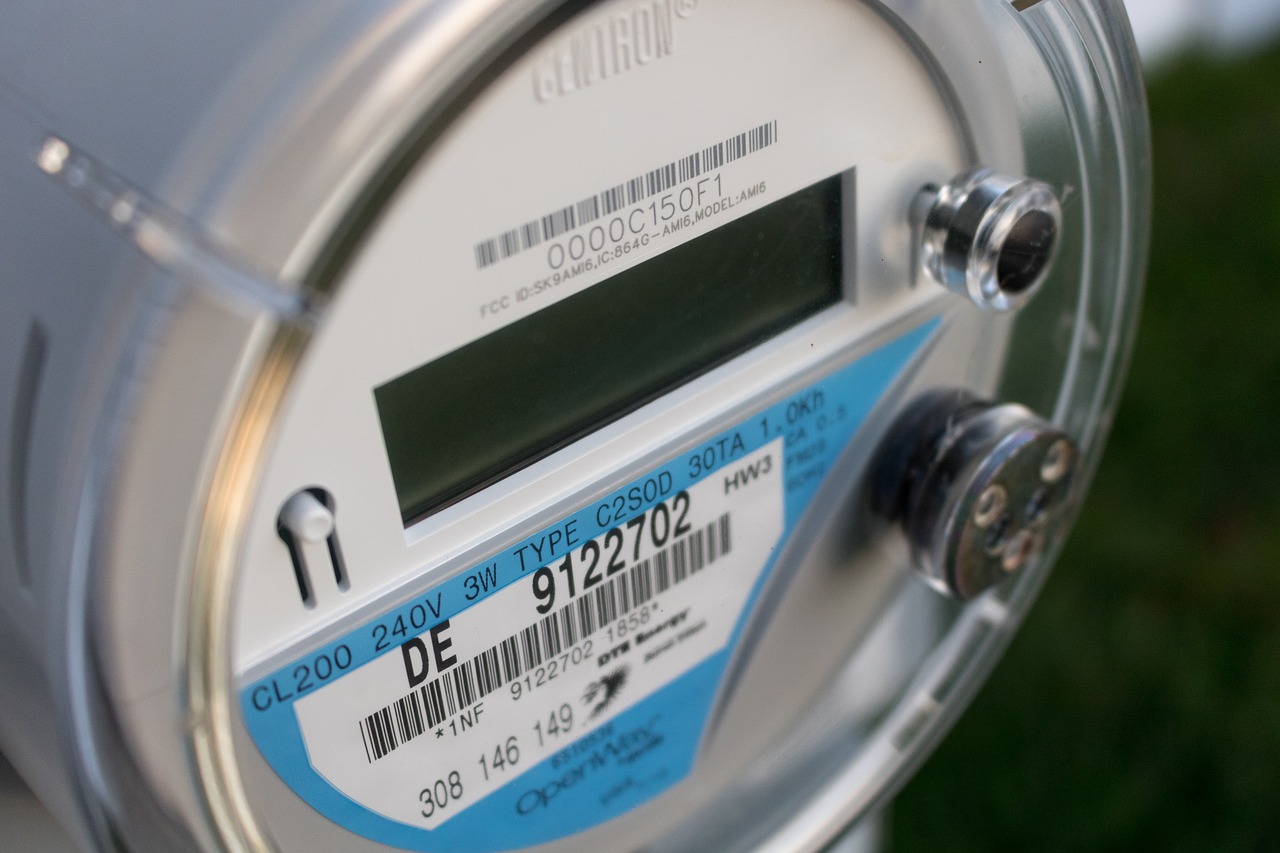
An analysis by UK energy companies has revealed that home electricity use has increased during the day as people work from home due to coronavirus.
Energy firms reported a 30% surge in home electricity use in the UK during the day as most of the people are working from home and schools have closed, boosting the use of home computers and televisions.
Lunch time recorded the highest peak in power consumption as cooking adds to the electricity use of those working from home.
However, the UK is actually using less electricity overall because of business facilities being closed. According to the National Grid, morning and afternoon electricity demand has fallen by almost 20%.
This is mainly due to lower demand from large, industrial users like factories. But domestic demand is overall increasing and may indicate new consumption habits due to the pandemic.
New electricity consumer habits
Energy providers are currently seeing a "delay" to early electricity demand as most people no longer need to commute to go to their office, giving them longer hours to stay in bed before getting ready for work.
A Bulb Energy spokeswoman cited data from more than 2,000 smart meters and said: "Households are consuming 21% less electricity than usual at 07:30, as fewer people commute to work, and are taking back the time to sleep later instead."
Ovo Energy sampled 230,000 customer and saw similar results. A company spokeswoman mentioned: "Morning routines are less structured and therefore the peak has reduced by up to 20%, as many people are working from home or not working at all."
"We are seeing big changes in the way people consume energy during the lockdown period," she added.
The energy firms also observed that any energy being saved in the morning would end up being consumed later.
Ovo reported a 30% increase in consumption in the midday period while Bulb had a 27% surge during the period. EDF did not issue particular figures but acknowledged that it was seeing notably higher consumption in the middle of the day.
Bulb added that between 21:00 and 23:00, there was a 7% drop in electricity use, "suggesting people are switching off earlier too".
While there was an apparent boom in midday consumption, overall domestic energy demand only increased by a few percentage points, partly because of weekend usage remaining mostly the same.
According to Ovo, "balancing out the ups and downs" reveal only a 6% overall increase in domestic consumption while EDF observed just a 3% increase.
Government assistance as bills go up
Although overall consumption only increased slightly, most professionals using high consumption computers or shared households with many occupants could face higher electric bills.
The UK government has ironed out a deal with energy providers in March to help support those who may have difficulty paying their bills during the crisis as many people lost their jobs.
Guy Anker, deputy editor of financial site MoneySavingExpert.com, said: "With millions of people having to stay at home, our energy bills will likely rise as we use more gas and electricity."
Anker pointed out that switching from a standard tariff could save people up to £350 a year.
He argued: "Your supply isn't cut off as part of the process, while no one visits your home unless you want or need smart meters - though installations are paused for now, so it's not an issue during the lockdown."






